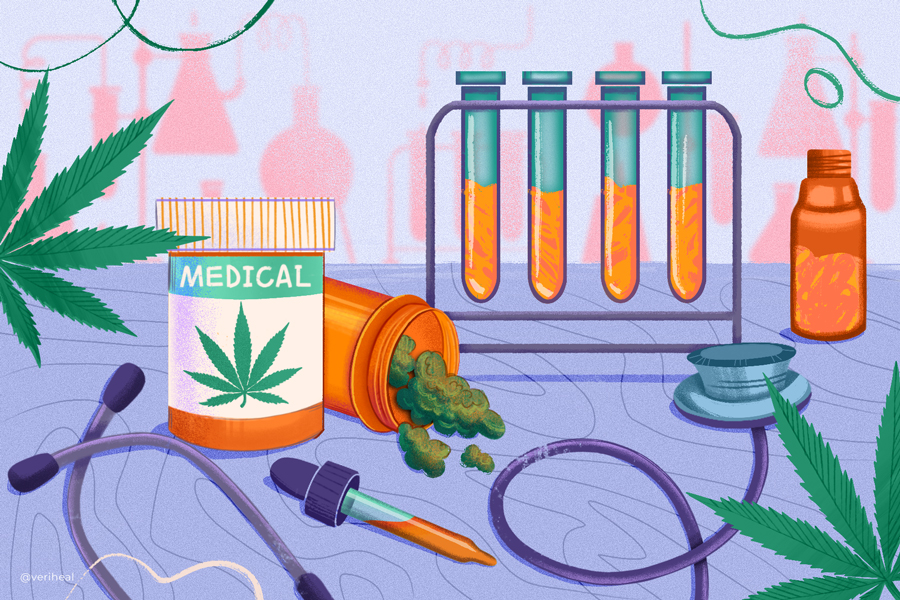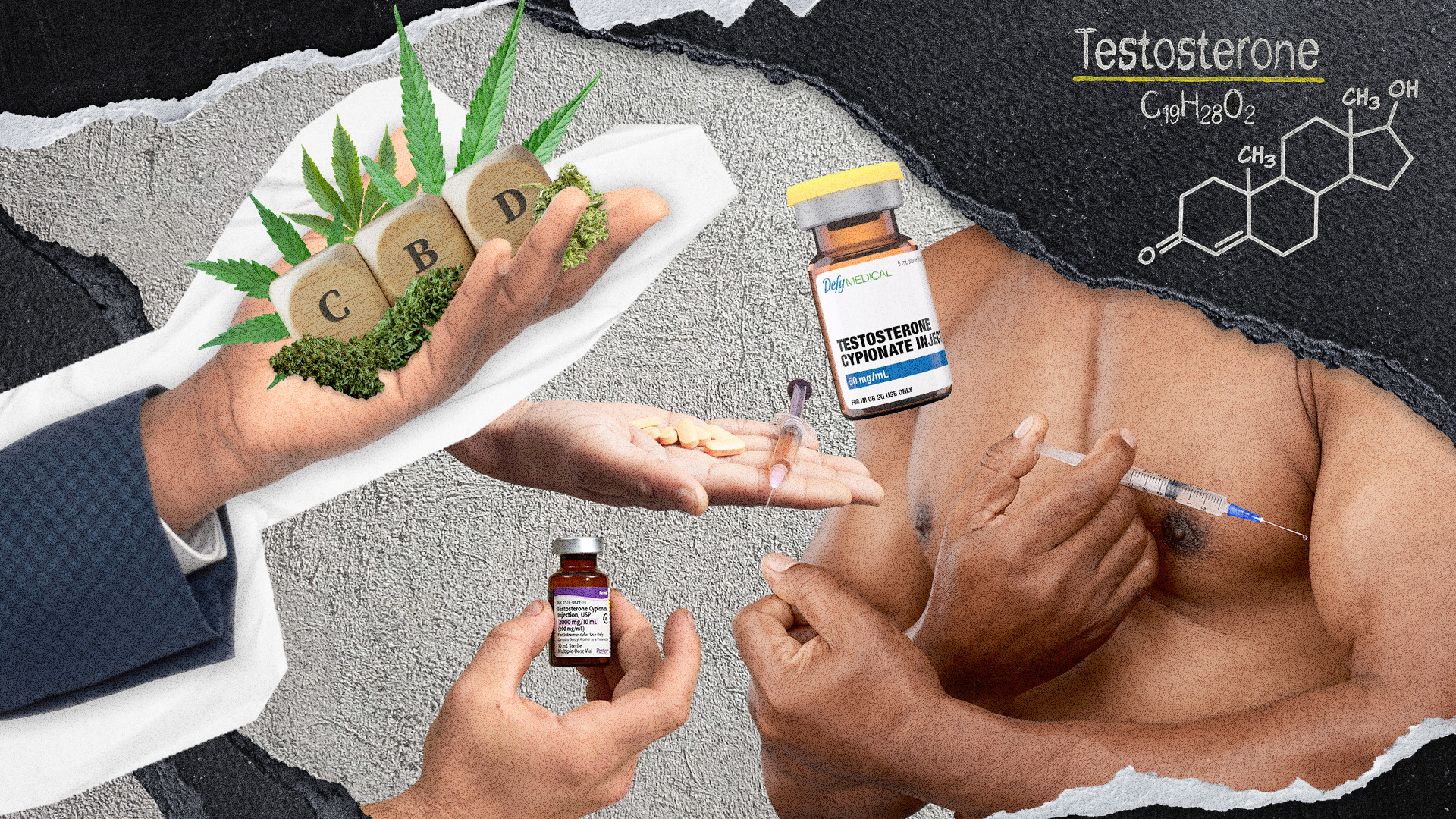President Joe Biden has officially signed a marijuana research bill into law. This makes history by enacting the first piece of standalone federal cannabis reform legislation in U.S. history. H.R. 8454, the “Medical Marijuana and Cannabidiol Research Expansion Act,” has been passed.
The law gives the U.S. attorney general 60 days to either approve a given application or request supplemental information from the marijuana research applicant. It also creates a more efficient pathway for researchers who request larger quantities of cannabis. The Drug Enforcement Administration (DEA) is now mandated to approve applications to be manufacturers of marijuana-derived, FDA-approved drugs under the bill. Manufacturers will also be allowed to import cannabis materials to facilitate research into the plant’s therapeutic potential.
Another section requires the Department of Health and Human Services (HHS) to look at the health benefits and risks of marijuana as well as policies that are inhibiting research into cannabis that’s grown in legal states and provide recommendations on overcoming those barriers. The bill further states that it “shall not be a violation of the Controlled Substances Act (CSA) for a State-licensed physician to discuss” the risk and benefits of marijuana and cannabis-derived products with patients.
Pathways to Cannabis Reform
The passing of the Medical Marijuana and Cannabidiol Research Expansion Act is the first step to cannabis reform. Rescheduling cannabis and decriminalizing cannabis do not mean the same thing for federal legalization. Decriminalization refers to the relaxation of criminal penalties associated with personal cannabis use.
Legalization, on the other hand, not only allows individual cannabis possession but in most cases also permits legal production and sale. While both options seem better than the current situation, they could actually make it more difficult to access.
Why You Should Get Your Medical Marijuana Card
Veriheal has satisfied millions of patients nationwide by giving them access to these benefits
- Larger purchase limits
- Peace of mind
- Enhanced legal protection
- Access to higher potency strains
- Save up to 25% on cannabis purchases
- Skip the line at the dispensary
Descheduling Cannabis
The majority of cannabis advocates are supporters of the complete descheduling of cannabis at the federal level. Descheduling has obvious benefits for cannabis users, but its most active lobbyists are those who speak for the cannabis industry itself.
Cumbersome regulations are regularly cited as the most hindering aspect of starting a cannabis business and the most expensive aspect of maintaining one. Descheduling would likely result in a significant reduction of regulations that would allow smaller brands/companies to thrive in a market that has become increasingly competitive.
Check out this article for more information on rescheduling vs. descheduling cannabis: To Reschedule or Deschedule: The 2 Pathways to Cannabis Reform
Cannabis Advocates Stay Focused on Reform
Each legislative session, advocates have their fingers crossed that their most recently drafted bill will advance. This bright-eyed hope for federal cannabis reform is closer than it has ever been. Every year more states legalize, more research studies and clinical trials take place, and more peer-reviewed articles are published in support of legal cannabis access.
In fact, progression is happening so fast, several countries have now legalized cannabis and the World Health Organization just last year gave reclassification recommendations to the UN’s Commission on Narcotic Drugs regarding cannabis. This board of 53 member nations will decide whether to move forward on several proposals, including removing cannabis from the list of controlled substances under an international treaty and rescheduling various cannabinoids.
Author, Share & Comments
















